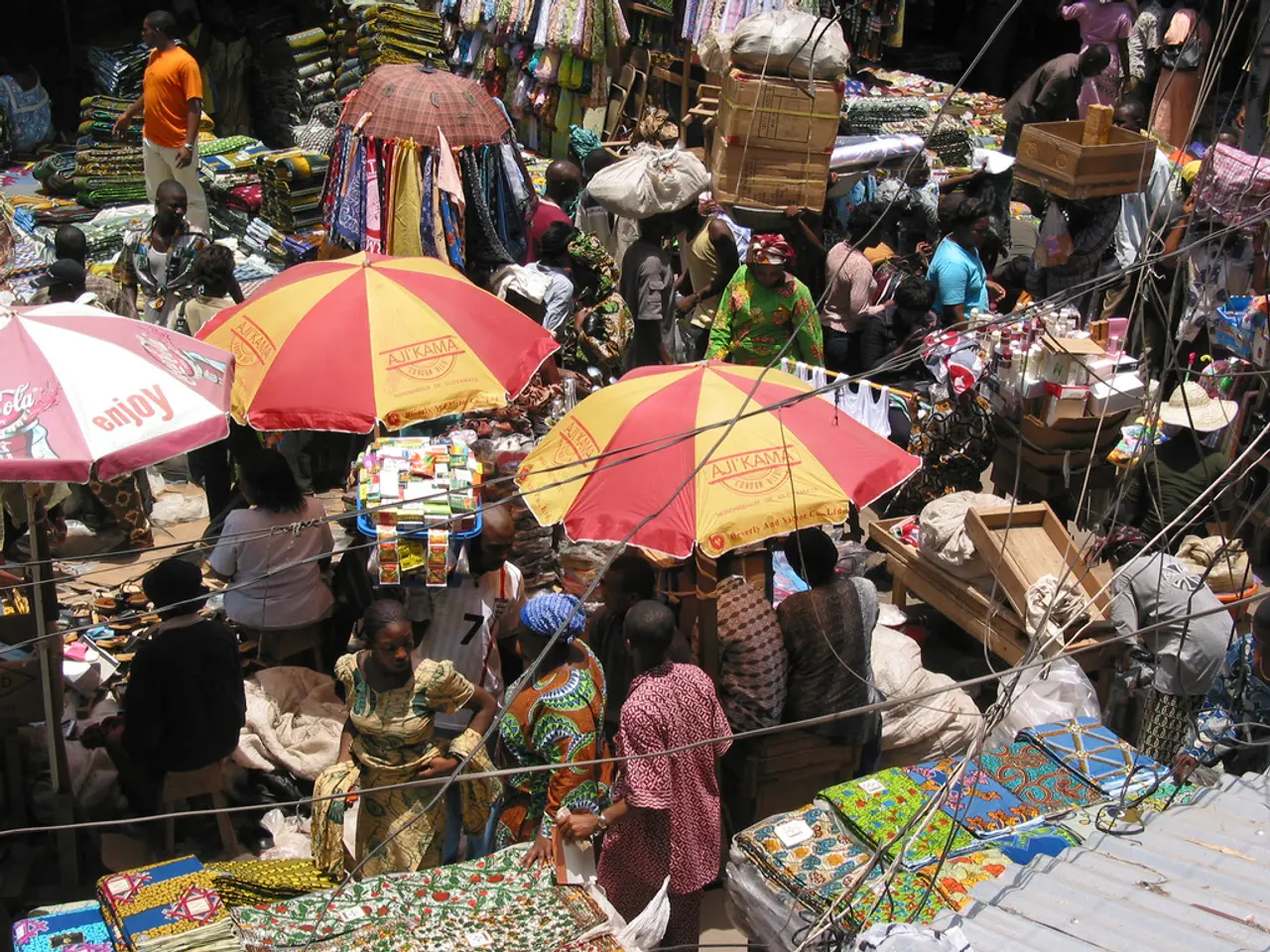European travel on hold for Russian tourists, as Kozlovskis urges EU to halt Schengen visa issuance
Schengen Tourist Visas for Russian Citizens on the Rise in 2024
In 2024, Schengen tourist visas issued to Russian citizens increased significantly, surpassing 552,000 visas, with Italy, France, and Spain leading in visa issuance. This rise occurs despite ongoing EU sanctions, airspace closures, and travel restrictions related to Russia’s war against Ukraine.
Reasons for the increase include member state policies favouring tourism and economic interests, indirect travel routes and transfer hubs, economic incentives, and EU visa policy and guidelines.
Italy, France, and Spain have continued to issue large numbers of visas to Russian tourists, distinguishing between ordinary Russian citizens and the Kremlin regime. Their tourism sectors have seen growing Russian visitor numbers despite political tensions.
Because direct flights from Russia to the EU are suspended, Russian tourists use airports in Turkey (Istanbul) and the UAE as transit points to enter the Schengen zone. These countries benefit economically from Russian tourists, as hotel stays and tourism services have increased by about 19% in Italy and France over the last year.
The EU suspended the Visa Facilitation Agreement with Russia and instructed member states not to prioritize Russian applicants, focusing instead on security and border control. However, these measures have not fully halted visa issuance in some key countries.
Security concerns, diplomatic tensions, and economic impact are some of the implications of this trend. Ukrainian diplomats and others warn that increased Russian tourist flows into the EU may pose a security risk, especially given the ongoing conflict and sanctions. Balancing open borders for citizens versus sanction policies toward Russia creates internal EU and NATO debates about the appropriate stance on visitors from Russia.
Tourism revenue from Russian visitors supports local economies in popular destinations like Italy, France, and Spain, influencing more permissive visa policies despite geopolitical frictions.
Member state policies differ notably, with Italy, France, and Spain issuing many visas, while Germany has reduced Russian visas due to stricter restrictions. Latvia stopped issuing tourist visas to Russian citizens immediately after the Russian invasion of Ukraine in early 2022.
Overall, visas issued to Russian citizens in 2024 represented 5.7% of all visas issued in the Schengen area. The Minister emphasized the moral duty to deny certain services and called for Member States to take the threat of a hybrid war seriously.
The Schengen visa system, involving 28 countries in total, including the 23 EU Member States, Iceland, Liechtenstein, Norway, and Switzerland, allows for short-term travel and transit within the Schengen area. The Home Affairs Council is a forum where issues related to the Schengen area are discussed and decisions are made.
References:
[1] BBC News (2024). Schengen visa issuance to Russian citizens surges in 2024. Retrieved from https://www.bbc.co.uk/news/world-europe-67234684
[2] The Guardian (2024). Russian tourists flock to EU despite sanctions and war. Retrieved from https://www.theguardian.com/world/2024/may/12/russian-tourists-flock-to-eu-despite-sanctions-and-war
[3] Reuters (2024). EU grapples with rise in Russian tourist visas amid sanctions. Retrieved from https://www.reuters.com/world/europe/eu-grapples-rise-russian-tourist-visas-amid-sanctions-2024-06-01/
[4] Deutsche Welle (2024). Germany reduces Russian visas due to stricter restrictions. Retrieved from https://www.dw.com/en/germany-reduces-russian-visas-due-to-stricter-restrictions/a-62746180
[5] The New York Times (2024). EU debates open borders for Russian tourists amid sanctions. Retrieved from https://www.nytimes.com/2024/07/10/world/europe/eu-russian-tourists-sanctions.html
- The continued rise in Schengen tourist visas issued to Russian citizens in 2024, despite ongoing war-and-conflicts between Russia and Ukraine, raises questions about the role of politics and policy-and-legislation in shaping EU visa policies.
- While some member states like Germany have imposed stricter restrictions on Russian visas, others such as Italy, France, and Spain have continued to issue visas to tourists, highlighting the impact of media coverage and general-news reports on shaping public opinion and policy.
- Despite the EU's suspension of the Visa Facilitation Agreement with Russia and increased security measures, Russian media outlets have reported growth in tourist numbers, suggesting that the tourism industry might influence policy-and-legislation and politics within the EU.








